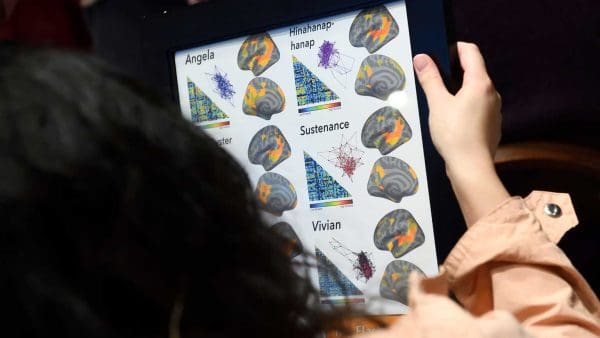For American-educated scientists and engineers practicing in the global realm, there is no time for language barriers. One Krieger School program has a solution.
Entering its fifth year, the Johns Hopkins-China STEM program is responding to the growing demand at Hopkins and around the world for Chinese language training in technical fields. Designed for English-speaking engineering or health sciences scholars with a strong foundation in Mandarin Chinese, the intensive, eight-week summer program takes place at the Hopkins-Nanjing Center in China.
“Students dramatically improve their Chinese language skills and gain valuable knowledge about contemporary issues related to engineering, public health, and medicine in China,” says Tobie Meyer-Fong, professor in the Department of History and one of the program’s founders. “Our director, Ningping Yu, connects students to opportunities that match their interests—be it technological invention, infectious diseases, health care delivery to migrant workers, nursing, traditional Chinese medicine, aeronautical engineering, or pharmacology.”
The program is not limited to Hopkins students, but Krieger School alumnus Mike He ’14 says it helped him take the next step in his career path. “I had always been interested in Chinese culture, and as a public health major, I felt the program would be a perfect fit for me.”
During his time in Nanjing, He collaborated with scientists on editing and translating papers. This past summer he received a master’s degree in environmental health sciences from JHU’s Bloomberg School of Public Health and returned to Nanjing for an internship at the Department of Food Safety and Inspection.
“Taking part in the China-STEM program was one of the best decisions I ever made,” says He, who is now pursuing a doctoral degree.
By training professionals who are fluent in Chinese, “the program serves our national interest,” says Meyer-Fong.




